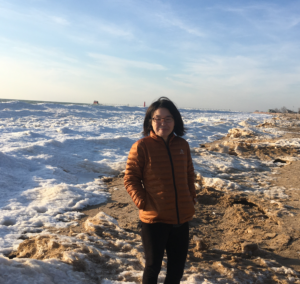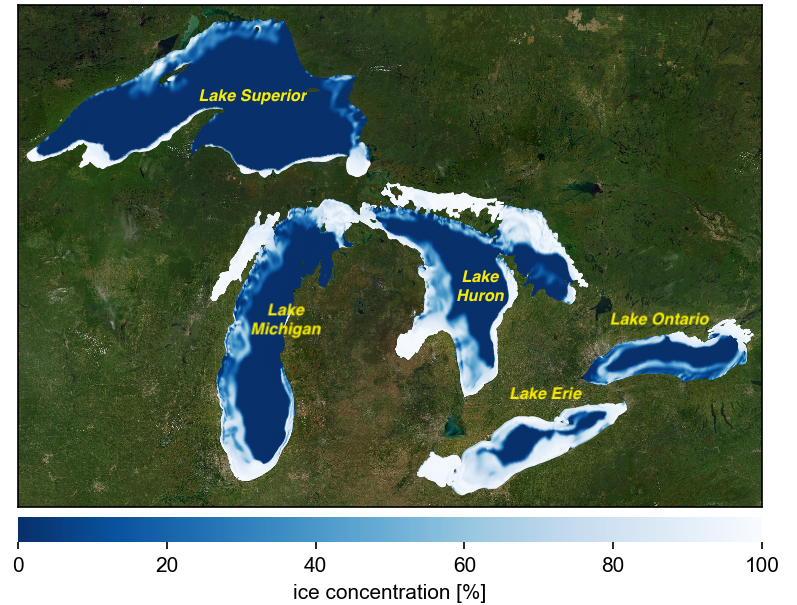Fujisaki-Manome’s research program aims to improve predictability of hazardous weather, ice, and lake/ocean events in cold regions in order to support preparedness and resilience in coastal communities, as well as improve the usability of their forecast products by working with stakeholders. The main question Fujisaki-Manome’s research aims to address is: what are the impacts of interactions between ice and oceans / ice and lakes on larger scale phenomena, such as climate, weather, storm surges, and sea/lake ice melting? Fujisaki-Manome primarily uses numerical geophysical modeling and machine learning to address the research question; and scientific findings from the research feed back into the models and improve their predictability. Her work has focused on applications to the Great Lakes, the Alaska’s coasts, Arctic Ocean, and the Sea of Okhotsk.
View MIDAS Faculty Research Pitch, Fall 2021
.
Accomplishments and Awards
- 2021 Propelling Original Data Science (PODS) Grant Award: Supporting Decision-making for a Vital Waterway in the Great Lakes by Machine Learning Model-based Lake Ice Forecasting
- Climate Crisis: Record Low 3% Great Lakes Ice Coverage during Usual Peak Period
- Urine-to-fertilizer effort part of NSF Regional Innovation Engine

